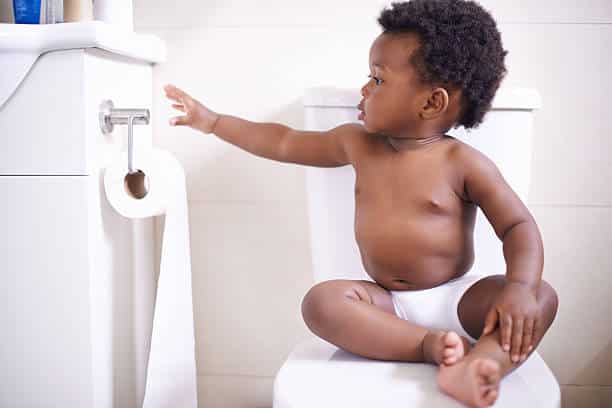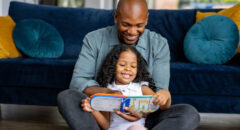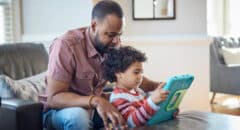
Is it possible to tell whether your kid is ready to stop using diapers? While determining the right time to begin toilet training may seem intimidating, there is no cause for concern once your kid is developmentally ready.
What’s the Best Potty Training Age?
Every child develops at their own pace; therefore, there is no set age to begin teaching children to use the toilet independently. No healthy kid should be in diapers on their first day of school. This may occur as early as 18 months or as late as the child’s fourth birthday. The average age to begin toilet training a kid is between 18 and 30 months.
Potty training may be the next logical step if your kid exhibits any of these behaviors:
- Throughout the day, your kid maintains a dry diaper for at least two hours, and your child is also dry after naps.
- They can carry out procedures that require many steps, such as going to the restroom, sitting down, and removing their garments.
- They’re interested in wearing “big kid” underpants.
- Your kid will scream, complain, or display visible pain when their diaper is moist.
- There is a clear signal on their face, body language, or words indicating it’s time to go to the bathroom.
Professionals advise waiting until your kid is not in a period of transition or stress to begin toilet training.
RELATED: Great Potty Training Tips
How To Start Potty Training
When the time is right, teaching the concept of using the toilet correctly is crucial. Helping your child change from diapers to the toilet might be less stressful with these suggestions.
Gradually introduce the toilet
Around the time your kid turns one, begin casually bringing up the topic of potty training to stimulate their interest. One technique is to read your kid some books on potty training.
Discussing the restroom’s use is perfectly acceptable conversational material. Put it in a sentence like this: “I have to go pee-pee” or “I wonder if Elmo [or your child’s favorite stuffed animal] has to go potty.”
Follow a schedule for potty training
Establishing a schedule before beginning potty training is crucial. The trick is to schedule toilet breaks at regular intervals throughout the day. It would help if you encouraged your kid to use the toilet as often as every two hours, whether or not they need to go. It’s best to put your kid on the potty first thing in the morning before you leave home, before naps, and at night.
Offer praise and rewards
Accidents are to be expected while beginning potty training. Many children don’t start staying dry through the night until 6, and others still have accidents until they’re five or even later. Never discipline a youngster for soiling or wetting their clothing; they are








